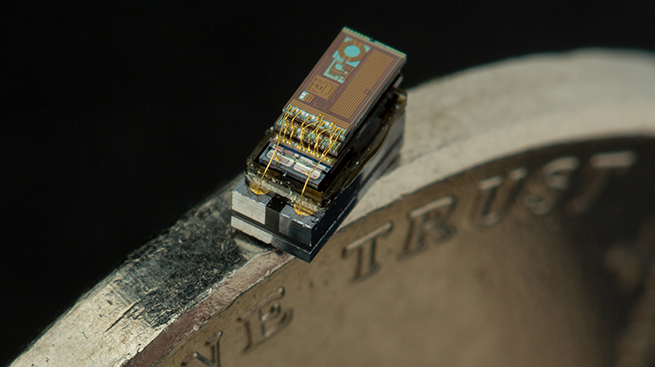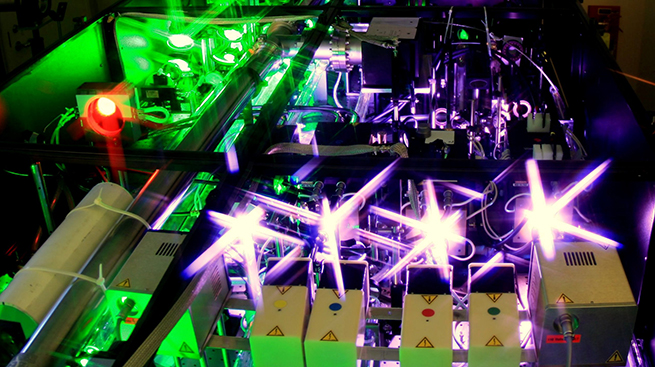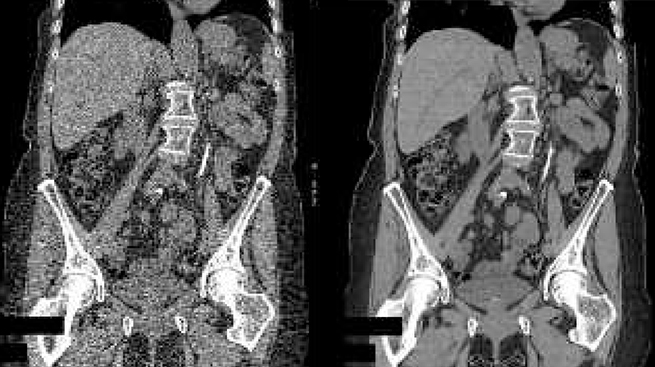Home > Academics > Undergraduate Programs and Admissions > Prospective Undergrad > Electrical Engineering Minor
Electrical Engineering Minor
A Minor in Electrical Engineering (EE) provides an avenue for a diverse education for students and can enhance your experience with any number of other fields. EE provides you with all the tools you need to be a leader in technology, scientific discovery, or any career of your choice. Not to mention, EE gives you some of employers’ most sought-after skillsets!
Program Information
To declare a minor in EE, you’ll need:
- To be declared in a major (other than CE or EE!)
- To have finished at least one full semester at U of M
- An overall GPA of 2.0 or better
- To have credit (either by transfer or letter grade) for at least one class in each of the following categories
- Calculus (such as MATH 115, 116, 120, 121)
- Calculus based physics lectures (such as PHYSICS 140 or 160) or chemistry lecture (CHEM 130)
- Required engineering courses (such as ENGR 100, 101, 151 or EECS 180)
Whenever you’re ready to declare, go to the appointment scheduler to set up an appointment with an advisor.
For more information about the structure of this program, see the guide below:
Many program options and applications, including:
The EE Minor is a great option for students in the following majors:
- Engineering Majors – EE impacts all current engineering practice
- Business – high tech entrepreneurship, technology industry
- Life Sciences and Pre-Med – electronics, signal processing, electromagnetics for patient treatment
- Mathematics – algorithms for a wide variety of applications
- Physical Sciences – complex electronics and signal processing to collect and analyze data
- Pre-Law – patents, energy, transportation, medicine
 MENU
MENU 



